Elizabeth had struggled with her weight for so long that she wondered if it was even possible to be happy in her own skin. Determined to be a positive role model for her daughter she had tried other diets and fitness programs, but didn’t find her perfect fit until she stumbled on a Venus ad. Within weeks her clothes were looser and she was on her way.
IN HER WORDS
“I am 38 years old and I never thought I could ever be slim. I have struggled with my weight all my life. One of my childhood memories is of a boy saying that I looked like I was pregnant. In the last 2 years my weight seemed to balloon up and I could no longer fit into 90% of my clothes. I was very discouraged but also not hopeful since I had tried SO many diets and fitness programs. Some of these helped somewhat, but they were so restrictive they did not fit into my lifestyle. Others were very structured but even though I put in so much effort, I did not see any significant results. I had my thyroid issues corrected, but my weight problem still did not change, as I expected it would. My 6 year old daughter made the comment that, “Mommy is a little bit chubby”. That really upset me, because I want to be a positive role model for her. I wanted to overcome this issue in my life so that hopefully she will not struggle with negative body image and weight issues. But I did not know how to lose the weight unless I starved myself. It was only a few weeks later that I came across a Venus Factor advertisement online. I felt like it was an answer to prayer! I immediately started to lose weight with Venus in April 2014. In less than a week my clothes started to feel looser. I found many tools for losing weight that I can use according my needs and my social calendar. This is what I love most about Venus: it is 100% flexible. I live in Asia, where the constant social events are all about food, and to not eat is culturally offensive. In the past I did not know how to navigate this. Now I participate in eating with everyone and I am still losing weight. The concept of budgeting my calories makes a lot of sense to me. I budget my money – why wouldn’t I count and budget my calories as well? When I started the VT12 Contest, I had a pair of size 12 grey jeans that were way too tight for me. I could not even do up the button. Now, just 12 weeks later, those jeans are too big for me and I need to replace them with a smaller size. I am so happy. For the first time in YEARS I feel comfortable and confident in my own skin. I am so, so thankful for the Venus program and what it has done for me.”
You can listen to Elizabeth’s story here:
Podcast: Play in new window | Download
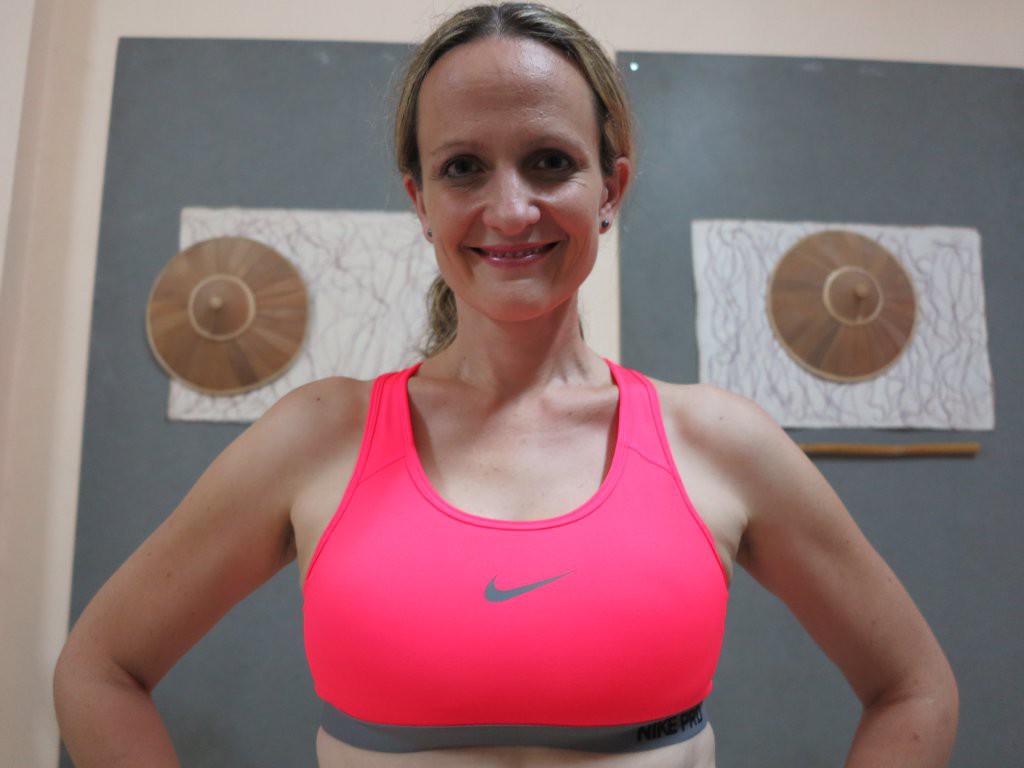
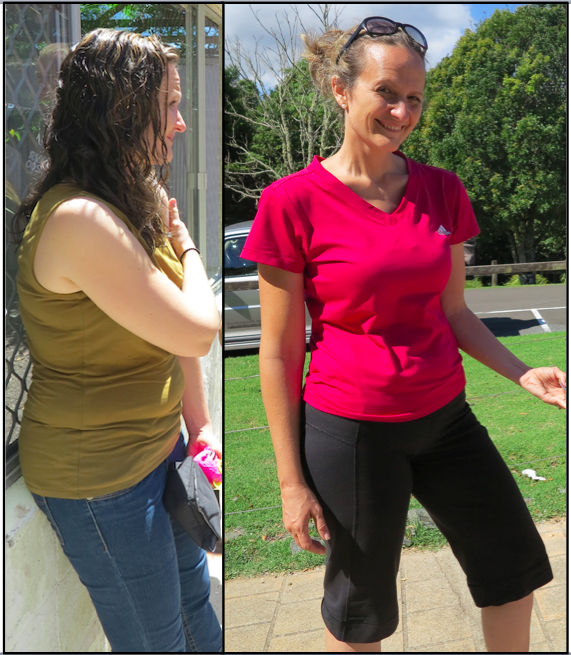
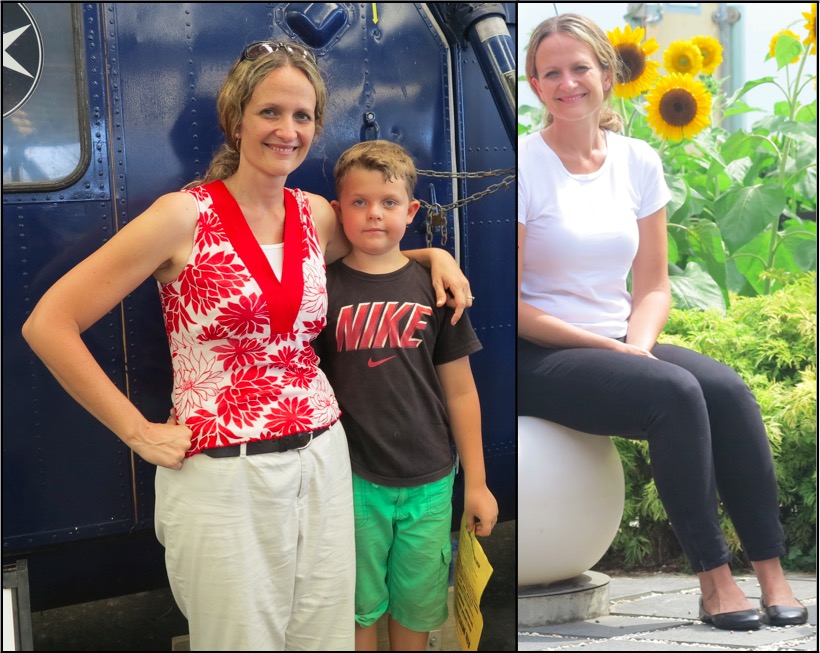

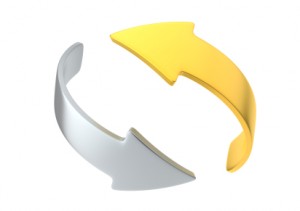


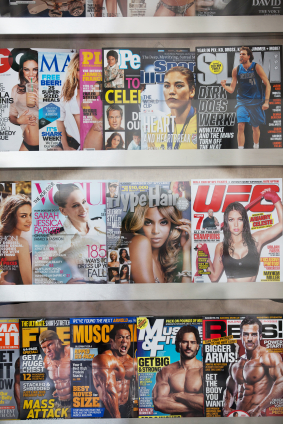

New Comments